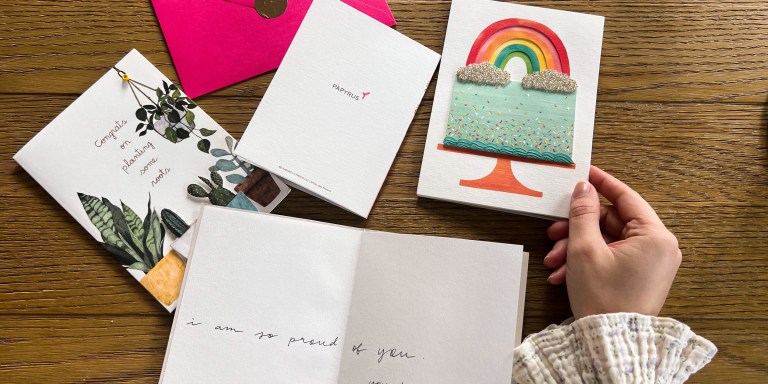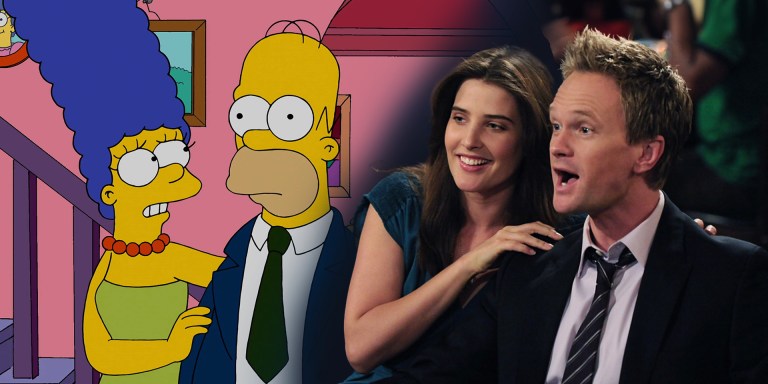
When new relationships lose their momentum, it’s usually because at least one of the lovers has turned suddenly back toward familiarity. Back toward what he’s already established. Back toward what is comfortable for him, what is comfortable and controlled.
When we turn back on love though, we do more than reject another person. We do far worse. We rob ourselves of the chance to free our greatness to the world. When we turn back on love, we shrink—our impact contained, our love unrealized.
But what about the other person, the one who feels rejected, left, who feels blindsided by a romance that was only just beginning? How do they shrink, and why?
Regardless of how long we’ve been dating or how deeply involved we’ve gotten with a partner, we are always left with something to grieve when a relationship ends.
We often hide this, of course, assuming that we’re pathetic for being bent out of shape over something we lost so quickly as if we can only care for or be moved by that which we’ve had and known for a great length of time.
What a cowardly assumption.
It’s true that when new relationships go south, we don’t grieve the history we’ve had with someone.
What we actually grieve is often more frustrating and devastating to our ego. When we lose out on new love, we grieve our lost potential, the possibilities love had for us to be attuned to something greater than ourselves.
We get excited about our chance for that, that’s what the honeymoon phase is all about after all. It’s about our dizzying want to be alive to something more than ourselves. It’s about our eager want to experience a love we are yet to know.
Yes, it’s not the love which we are grieving but it is its concept.
When we lose out on love, we grieve over our own learning, our own hopefulness, the illusion that we will never be enough to secure romance, to secure maybe even anything significant ever at all. We grieve this new found awareness, this sobering loss of our naivety.
When we lose out on love, we cry mainly because we are afraid that we have lost our future. That’s the real heartbreak.
Our heartbreak comes out of thinking we have fallen back to where we started, out of thinking we will always fail to advance ourselves, that we will always fail to make anything of our lives.
We are afraid that we are missing the integral piece in love’s equation, that the problem is us, that we are not enough, that we are flawed and undeserving.
We fear that we will never find our way into a forever love, that we will never be able to hold onto the security blanket for our loneliness, for our relief.
What we are grieving is not really the person but what he stood in for, what we hoped he would be our answer to.
Such is why so few people say they wouldn’t do anything to be in love, anything to avoid living out a life of questions on their own.
We obsess over love because we are desperate to have a plan in place, a future that assures us we will never end up alone, we will never need to explore whether a solitary life could ever potentially be meaningful.
To our detriment, few of us will ever initiate this conversation. Few of us will ever challenge ourselves, during heartbreak, to pinpoint the reason for our tears.
If we did we might realize that the source of our sadness is not wound up in the person whom we have lost but rather in the fear that without love we will have a meaningless, insignificant life.
And because this fear is more pronounced in those who fall in and out romances more quickly and
often than others, we should try to be softer and less baffled by those who are pained by the ending of a relationship which is premature and more new.
We have to remember that those who grieve their relationships are grieving something incredibly
innocent, and that we should support them in that, in this desire they have for something so universal and pure. At the end of the day, until we have it, we all are grieving just a little bit a love that we are yet to know. ![]()






